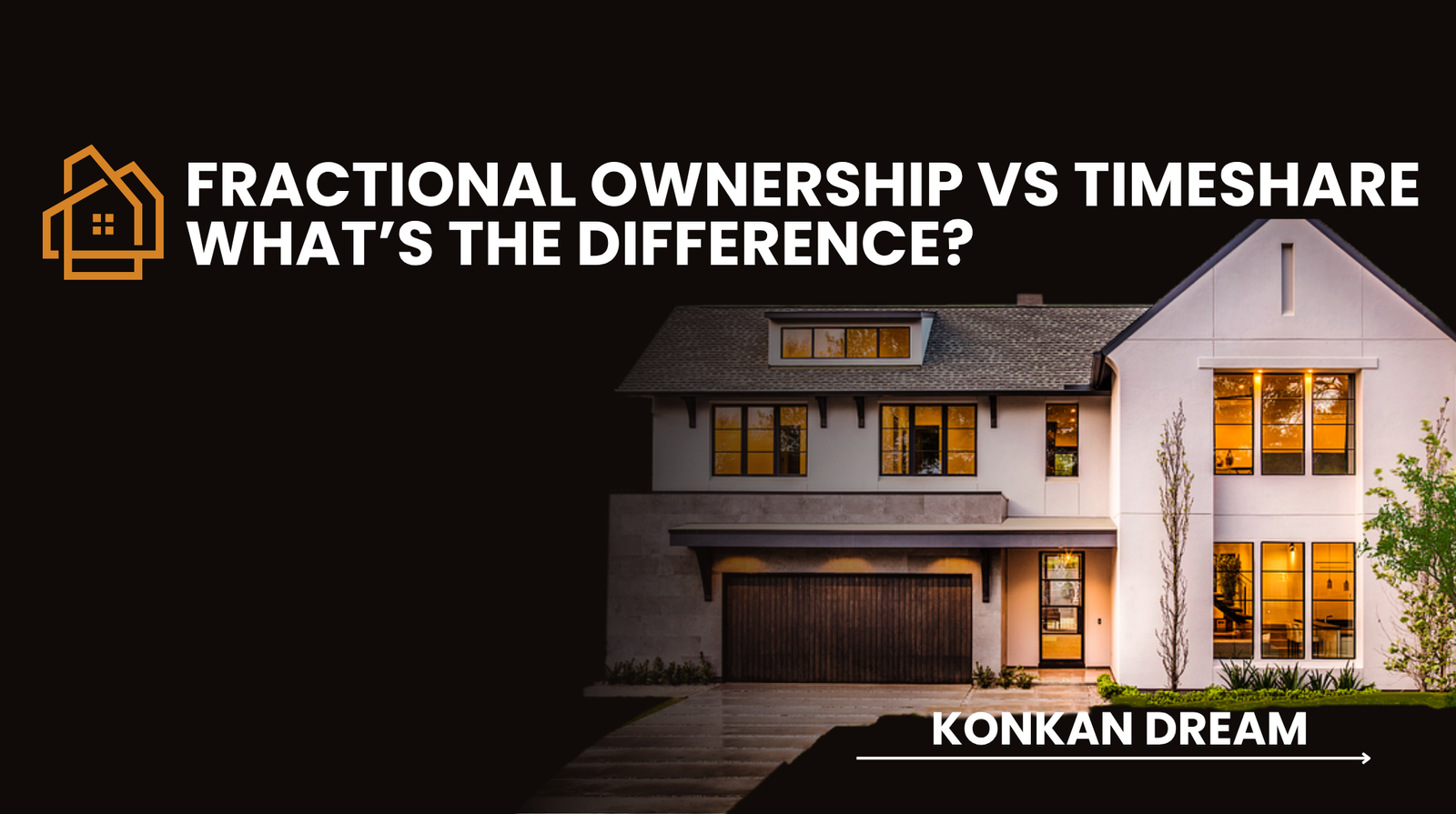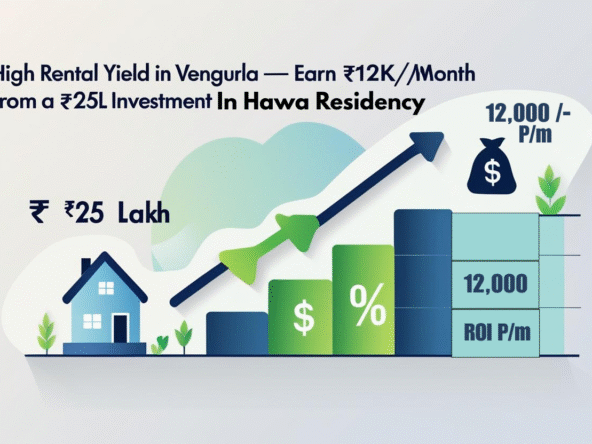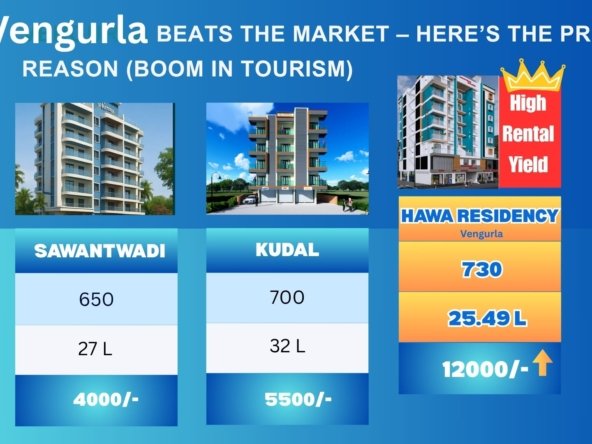Discover the key differences between fractional ownership and timeshares. Learn which option offers better value, flexibility, and long-term benefits for property investors.
Some of the most common terms used with reference to shared ownership of holiday homes or vacation properties are fractional ownership and timeshare. In a nutshell, the two differ in their structure, value, and investment potential, while both are ways of enjoying a property without purchasing it outright. A clear understanding of these differences is, therefore, of paramount importance for anyone interested in investing in vacation homes or for those willing to diversify their real estate portfolio.
In general, timeshare means paying for the right to use a property for a fixed time, commonly a week or so each year. You are not purchasing the underlying real estate; you are purchasing time. Timeshares are usually found in resorts or vacation clubs, and while they do offer a level of predictability in planning vacations, these properties rarely appreciate in value. Thus, it becomes challenging to resell them. Apart from this, it also asks for maintenance fees, whether you choose to use the property or not.
Top 5 Benefits of Investing in Fractional Ownership Properties.
Conversely, through fractional ownership, you literally own a portion of the property. For instance, if a property is split into eight parts, each owner technically owns a fraction of the asset. Perks usually are capital appreciation or rental income and relatively relaxed usage terms.Fractional ownership is more akin to traditional real estate than timeshares, meaning owners have the ability to sell their share, ideally for a profit, and to participate in decisions regarding the management of the property.
In broad terms, timeshares suit those looking for set vacation options with minimal involvement, while fractional ownership is catered toward individuals seeking a real estate investment with real estate advantages. Both networks have their own space in the market; however, if long-term value, flexibility, and partial property ownership are of concern, fractional ownership would be the much better choice.
Hawa Residency




